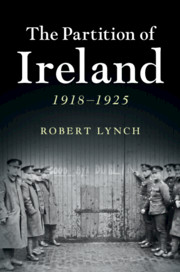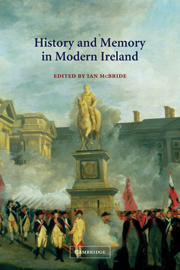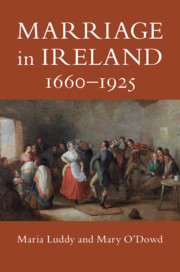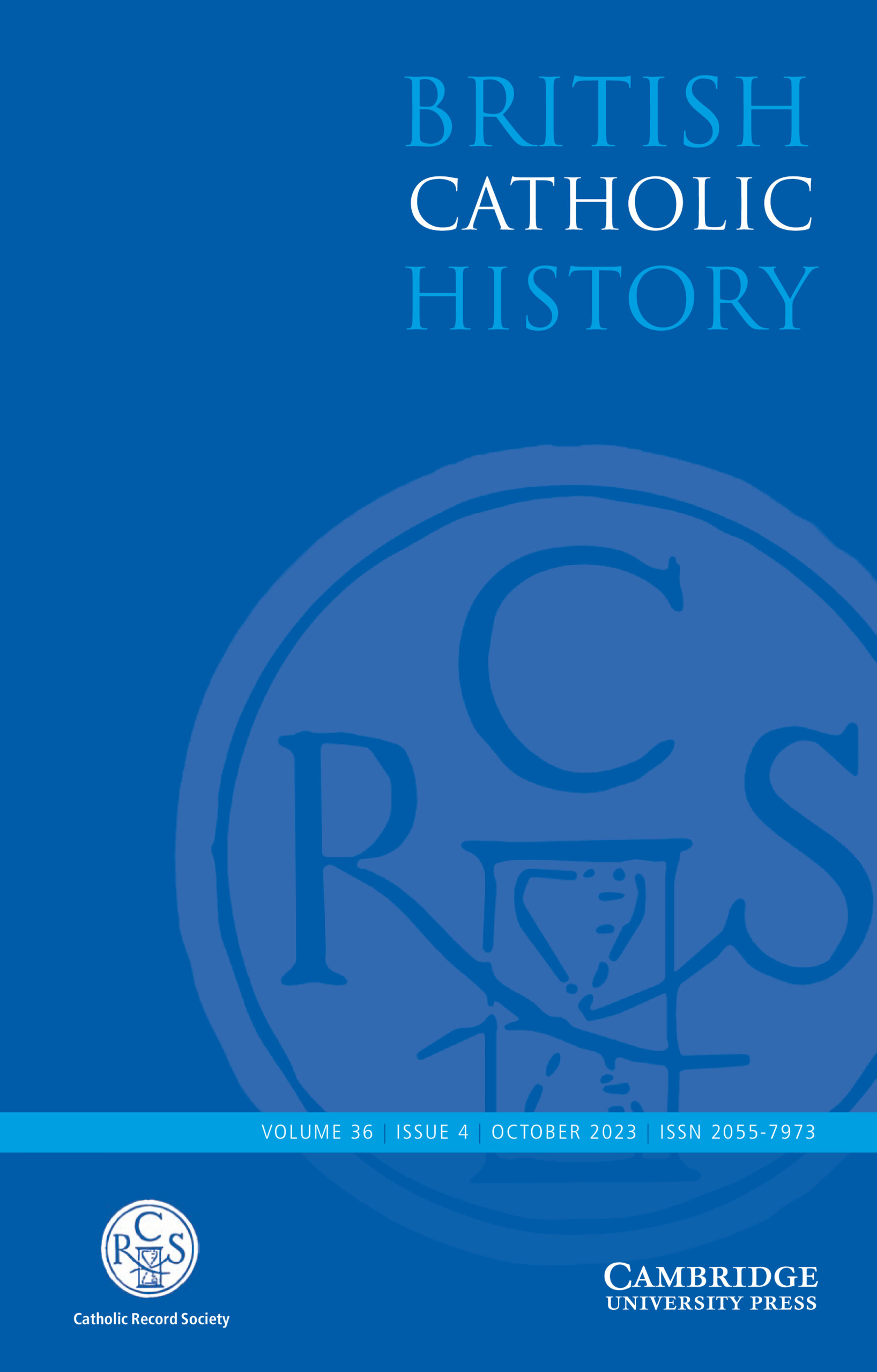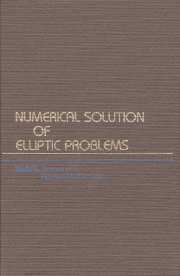The Partition of Ireland
1918–1925
£23.99
- Author: Robert Lynch
- Date Published: April 2019
- availability: Available
- format: Paperback
- isbn: 9780521189583
£
23.99
Paperback
Other available formats:
Hardback, eBook
Looking for an inspection copy?
This title is not currently available on inspection
-
Partition represents the most fundamental revolution in modern Irish history. By 1925 the country had been divided into two states embodying rival religious and political identities, an outcome unthinkable only a decade before. While often analysed through the lens of elite high politics, partition was by definition a mass participation event, where decision making was shaped by elections, propaganda and savage acts of violence in defence of or in opposition to the new settlement. By examining the complex interaction of nationalism, religion and politics, Robert Lynch seeks to understand how partition was constructed and imagined by Irish people themselves, arguing for a relocation of partition at the centre of historical understandings of events in Ireland which spanned the Great War. Lynch highlights the deep confusion and expediency which lay behind the partition plan, and how it failed to provide answers to the complex and enduring problems of Irish identity.
Read more- A new holistic all-Ireland study of the Irish Revolution, which embraces both North and South
- Provides an understanding of the origins and nature of the Irish border, of particular resonance to contemporary readers thinking about Brexit
- Examines previously ignored areas of partition history, to allow a deeper appreciation of the costs of partition for the Irish people
Reviews & endorsements
'A scholarly, detailed and historically-minded analysis of an enduringly central feature of Irish politics.' Richard English, Queen's University Belfast
See more reviews'Robert Lynch has written an insightful and absorbing study of partition. Questions are raised about how we understand the nature of partition, its meaning in modern Irish history, and how it shaped and reshaped the identities of those living with its impact, both north and south. It is a history as relevant today as it was a hundred years ago.' Maria Luddy, University of Warwick
'The Partition of Ireland is now a critical must-read work on the Irish revolution and goes a long way toward its goal of restoring partition to the center of modern Irish history.' Jason Knirck, H-Albion
Customer reviews
Not yet reviewed
Be the first to review
Review was not posted due to profanity
×Product details
- Date Published: April 2019
- format: Paperback
- isbn: 9780521189583
- length: 258 pages
- dimensions: 227 x 153 x 15 mm
- weight: 0.38kg
- contains: 1 map
- availability: Available
Table of Contents
Introduction: 'the tragedy of two lunatics'
Part I. The Origins of Partition:
1. Where is Ireland? 2. Half a revolution
3. Answering the question
Part II. The Process of Partition:
4. The death of Ireland
5. Unravelling Ireland
6. Ireland's other civil wars. Part III. The Legacies of Partition:
7. Moving minorities
8. Holding the line
9. Brave new worlds.
Sorry, this resource is locked
Please register or sign in to request access. If you are having problems accessing these resources please email [email protected]
Register Sign in» Proceed
You are now leaving the Cambridge University Press website. Your eBook purchase and download will be completed by our partner www.ebooks.com. Please see the permission section of the www.ebooks.com catalogue page for details of the print & copy limits on our eBooks.
Continue ×Are you sure you want to delete your account?
This cannot be undone.
Thank you for your feedback which will help us improve our service.
If you requested a response, we will make sure to get back to you shortly.
×
